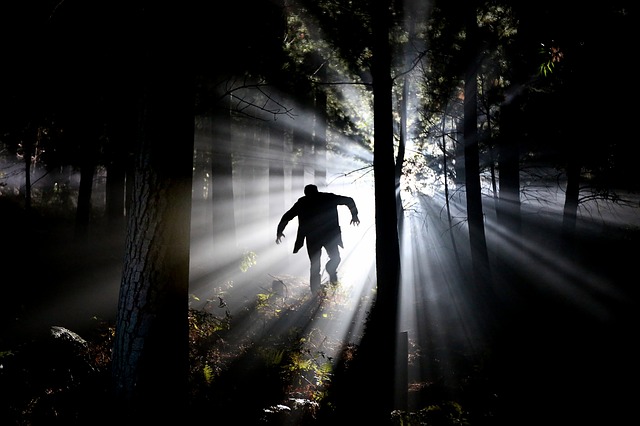January 5, 2018
Frankenstein, #MeToo, and School Shootings
2018 is the year that Mary Shelley’s Frankenstein turns 200. What could possibly be the connection between one of the core works of the Gothic canon and the #MeToo campaign? Allow me to begin with a little story.
It was a fittingly dark and dreary day, typical of Finnish autumns. My Gothic fiction students and I began our discussion on Frankenstein. As it usually happens in such cases, people enter the discussion with certain preconceptions, only to see them shattered. That’s a good thing. As an educator, you want people (yourself included) to discover something new. We had talked about most of the usual elements touched upon by literary criticism. We’d discussed about the connection between Frankenstein and identity, aspects of ethnicity and “race”, morality, nature and the sublime, and others.

Mary Shelley’s Tragic life and The Ghostly Femininity of Frankenstein
At some point, we reached the part of the novel where the creature asks Victor Frankenstein to create a female companion. At the same time, he threatens the unwise scientist with terrible repercussions should he fail to do so. One of my students sagaciously pointed out the similarity between the scene and some school shootings, where romantic rejection emerged as a possible motive. Ever since, I have been unable to read Frankenstein without the element of toxic masculinity creeping in, particularly in the context of the #MeToo campaign.
Mary Shelley’s life was filled with tragedy and loss. Her mother died soon after childbirth, her half-sister killed herself, and her half-brother also died some years later. Shelley lost three of her children at a young age.
Three years after the birth of her fourth child – the only one to outlive his parents – Mary Shelley’s husband, Percy Bysshe Shelley, drowned. Literary criticism has taken Shelley’s life into consideration, sometimes though missing the bigger picture: Shelley’s life was a reflection of the difficulties any woman of that time had to face. No wonder, then, that Frankenstein is a novel where dialectics of gender play a major part.
Women in Frankenstein are all but absent, little more than ghostlyFor a more extended argument, read about the character of Margaret Saville, caricatured figures with no voice of their own. They exist only to serve as motivators for the male protagonists. The creature’s ultimatum comes as no surprise and is offered in a matter-of-course manner: a female companion or else. Tellingly, the creature makes his threat specific: “I shall be with you on your wedding-night”.
Not only is the female figure the reward the creature demands, but also what is at stake. If Victor Frankenstein does not provide the creature with a female companion, then he will lose his own. Femininity becomes a commodity, little more than something a man can have, trade, or discard. It becomes chilling to realize that things have not changed all that much ever since.
200 years later, what has changed?
200 years have passed since Mary Shelley conceived – no pun intended – “her hideous progeny”, as she referred to her novel. And we live in a world where women are still seen as a commodity. Perhaps in some societies or contexts less overtly than elsewhere, but that is hardly a cause for celebration.
The ripples from the #MeToo campaign are still felt (and so they should), and the reason is clearly a deep, systemic failure at accepting women as human beings equal to men. Just go to YouTube and search for videos with female pilots, musicians, or other professionals. A disturbing number of comments revolve around appearance or gender stereotypes.
If you want a specific example, here’s one depicting an all-female crew flying an Air Lingus A330. Random comments: “what a weird looking kitchen”. “do they know how to park lol”. “not being sexist well I probably am but I wouldn’t really want 3 female pilots flying me half way around the world,if there was an emergency[…]”
Even in so-called liberal or democratic societies, women remain a commodity; a kind of a bargaining chip for men to exercise patriarchal power in various forms. Even in those cases where sex appears to be the end-goal, such as in the high-profile cases revealed by the #MeToo campaign, the true aim is the display of power. In this toxic conception of masculinity, to sleep with a woman becomes secondary; other men knowing that you have is the real trophy.
Comments are closed for posts older than 90 days